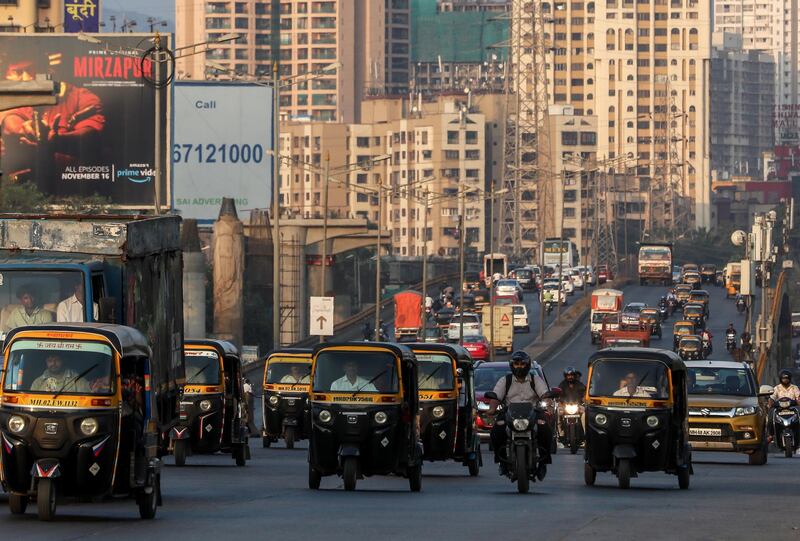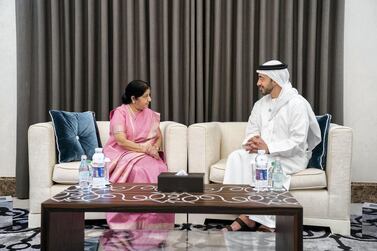Dubai Multi Commodities Centre, the free zone, signed an agreement with the West Bengal Industrial Development Corporation in India to strengthen bilateral trade relations, the two parties said on Saturday.
The corporation is part of West Bengal government’s Commerce and Industries Department, which aims to boost economic development across the state.
DMCC is the free zone that houses around 15,000 companies in Dubai’s Jumeirah Lakes Towers district. Major Indian firms that are based in DMCC include the steel giant Tata Group, as well as Reliance, Hakan Agro, Rosy Blue and Adani Group.
Under a preliminary agreement, the two parties pledged to find new ways of growing the Indian business community in Dubai and increasing bilateral trade.
“DMCC…and the state of West Bengal, seek new ways to attract, facilitate and promote trade,” said Feryal Ahmadi, DMCC chief operating officer, in a statement.
India, Asia's third largest economy, is the UAE’s second biggest trading partner by volume. Total bilateral trade between the two countries is forecast to cross $100 billion (Dh367bn) by 2020, Abdulla Al Saleh, undersecretary of foreign trade and industry at the UAE’s Ministry of Economy, said last year.
In 2017, total trade between the two countries reached $53bn, of which $35bn was non-oil trade. The UAE is India’s third largest foreign trade partner after China and the US.
“Both countries are making a concerted effort to strengthen commercial ties, create an environment that is even more welcoming to investment, removes unnecessary bureaucracy and opens the door to trade,” added Ahmad Alfalahi, commercial attache for the UAE Embassy in India.
The preliminary agreement commits both parties to raise awareness around export promotion, facilitate trade, boost investment interaction and connect businesses from across different geographies, sectors and industries.
“There is a strong synergy between Dubai and the state of West Bengal, and a significant opportunity to strengthen ties, collaborate further and work even closer together to boost business activity and knowledge transfer,” said Vandana Yadav, managing director of West Bengal Industrial Development Corporation.







